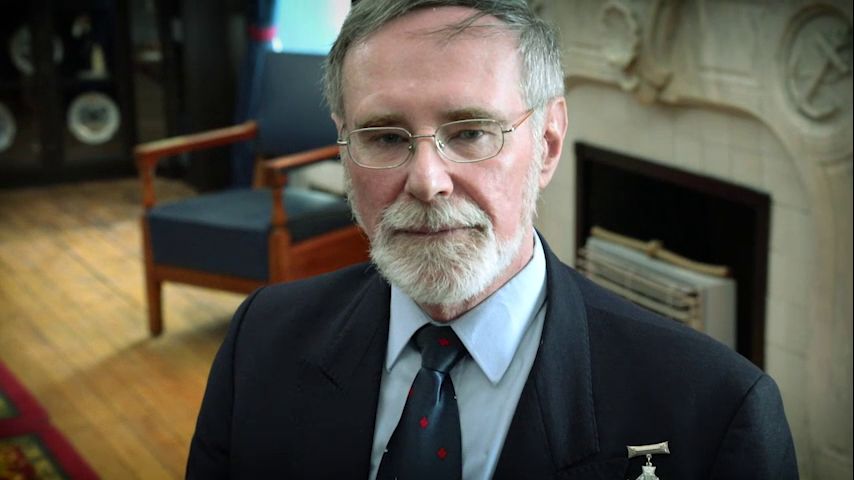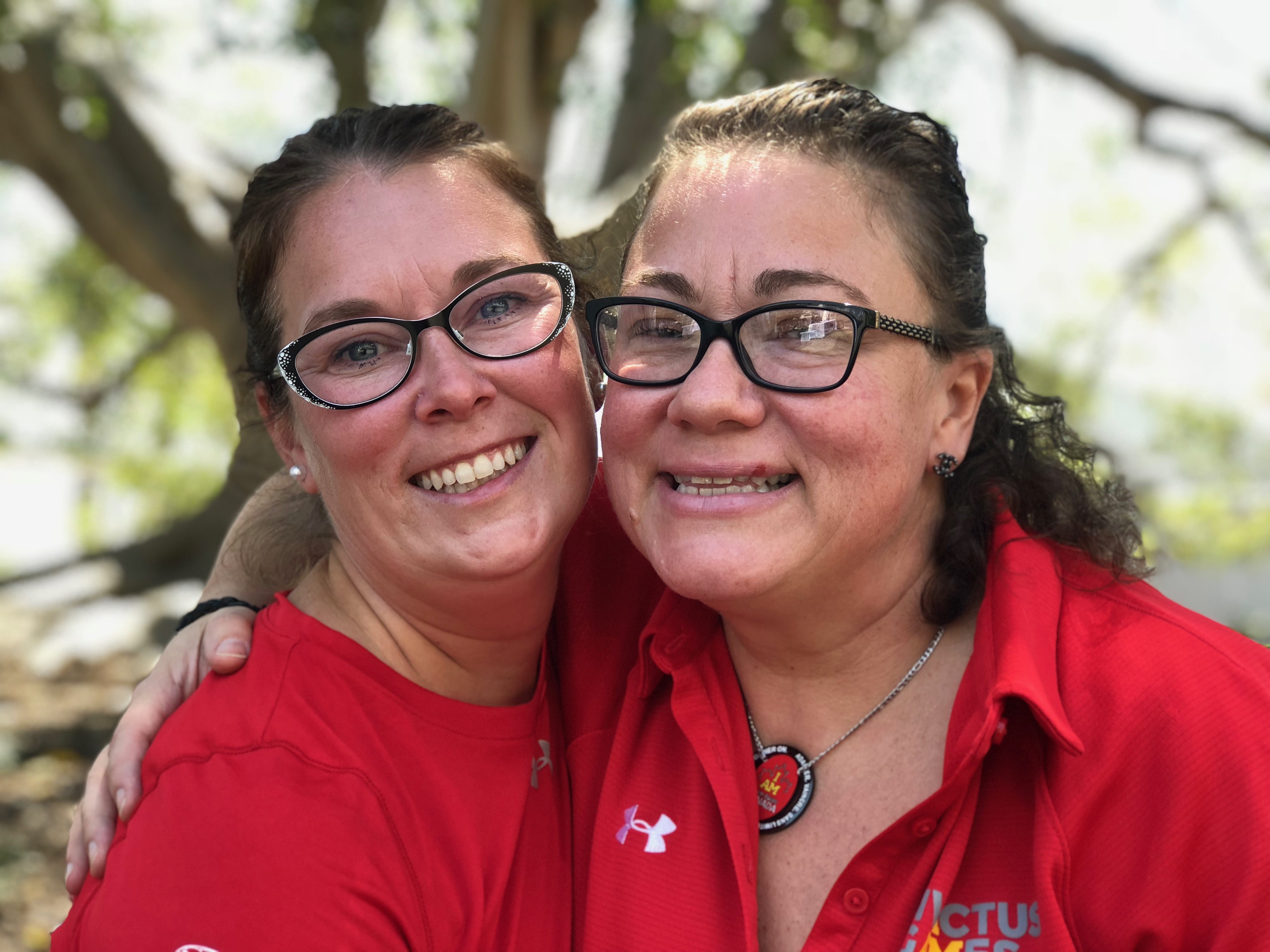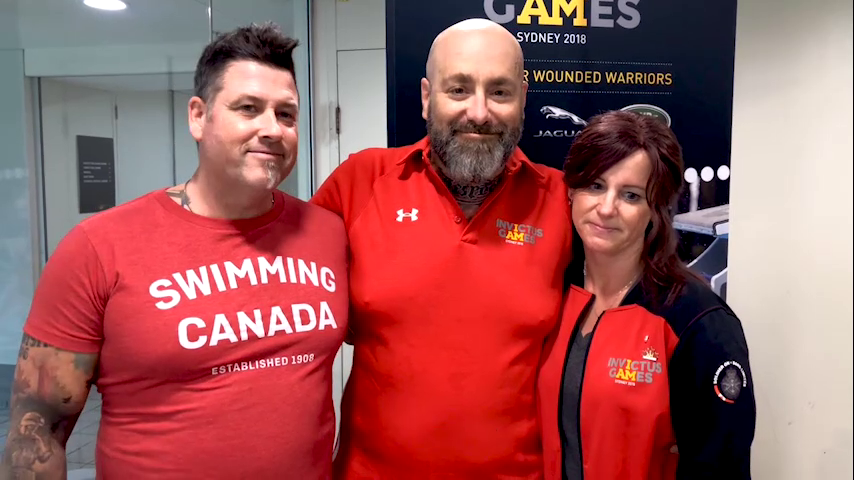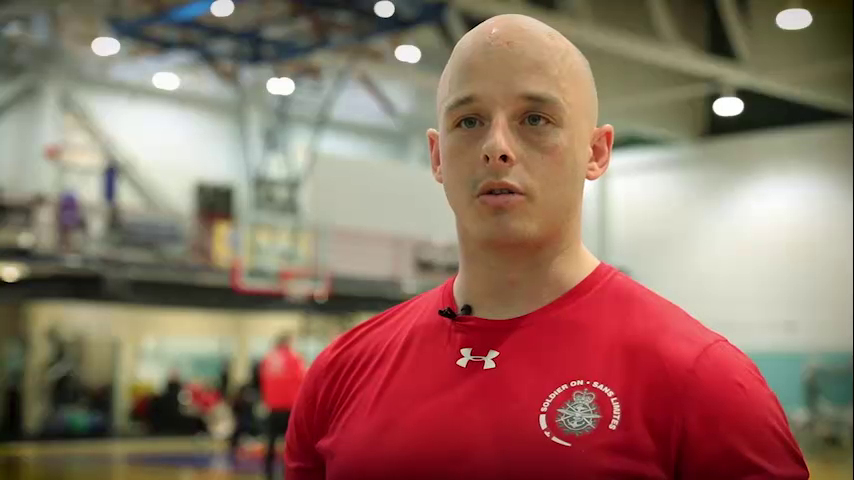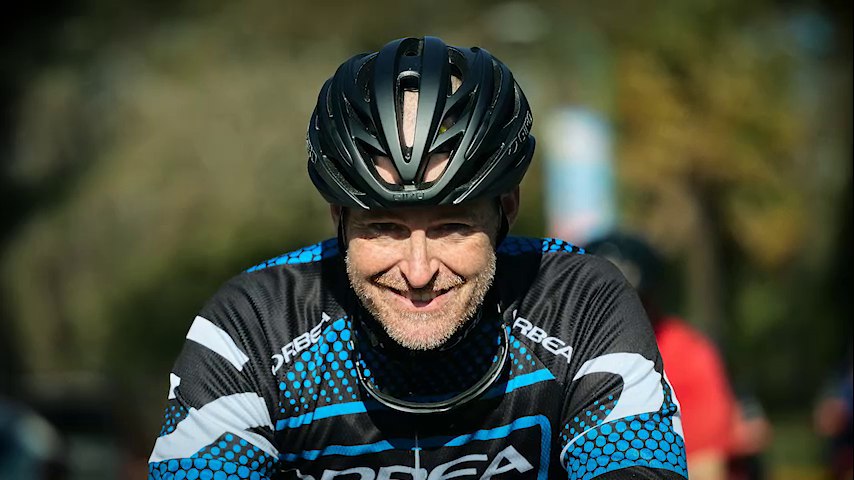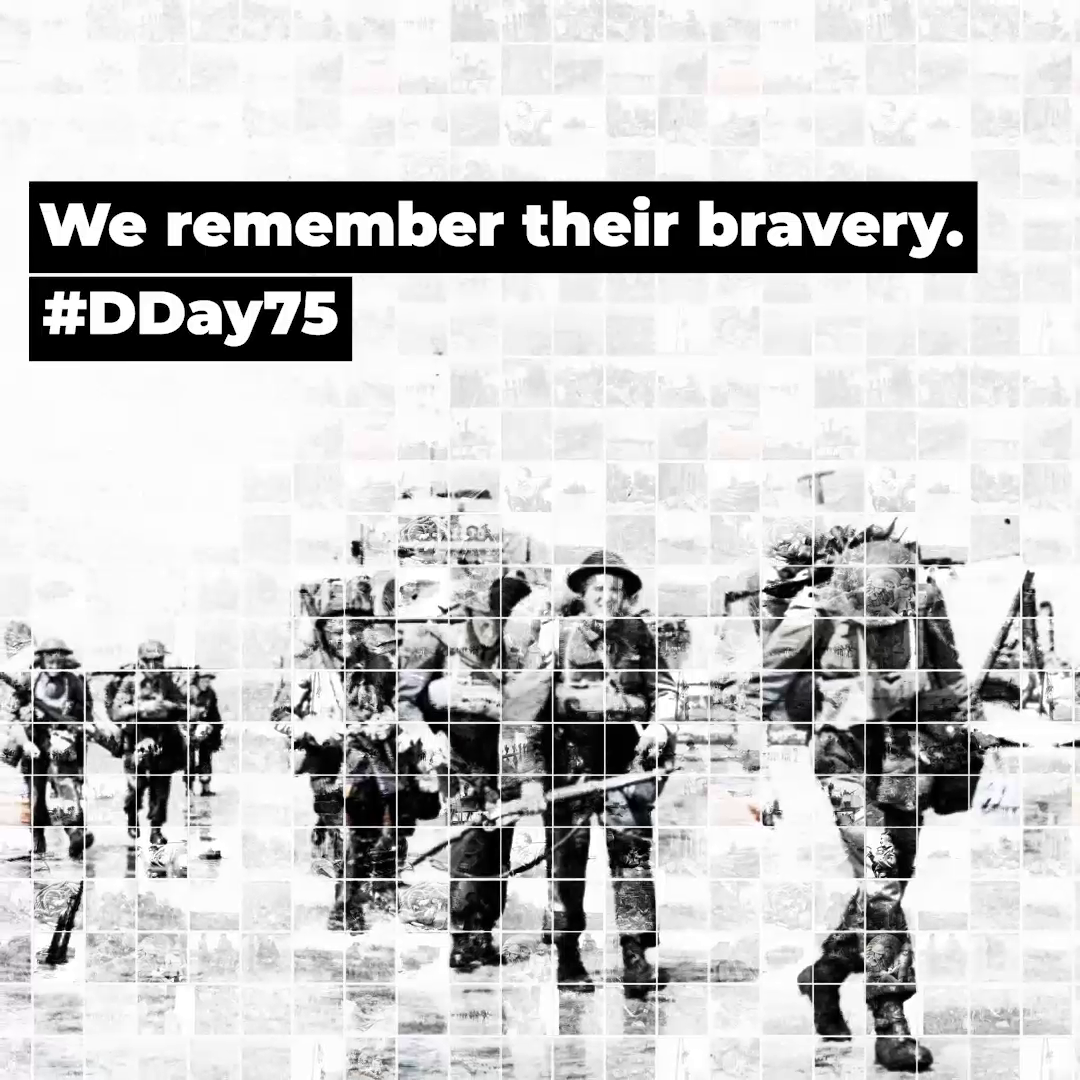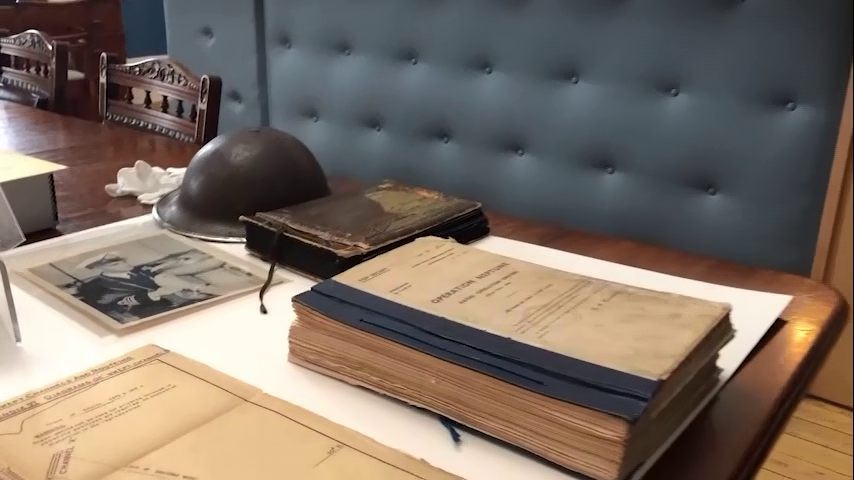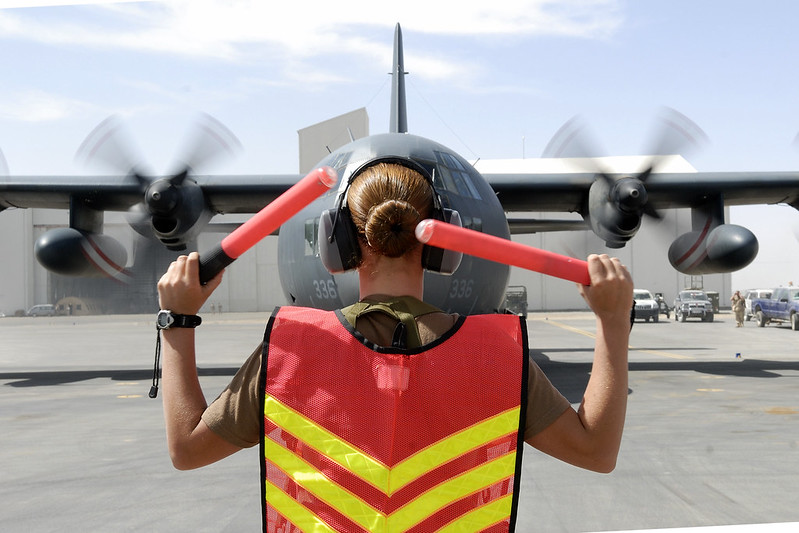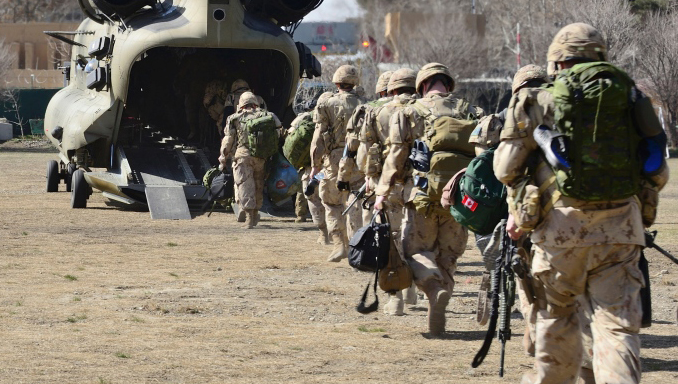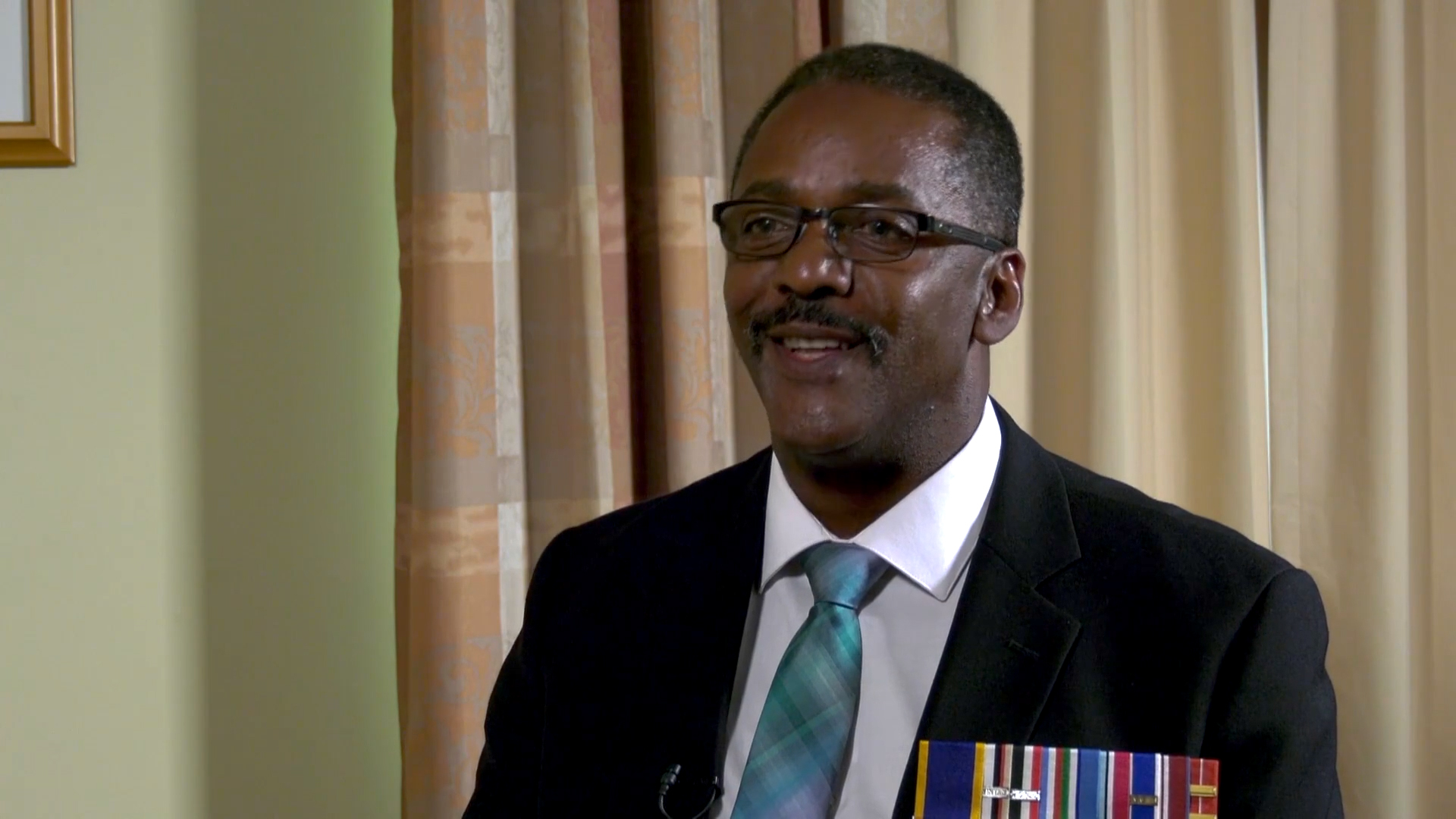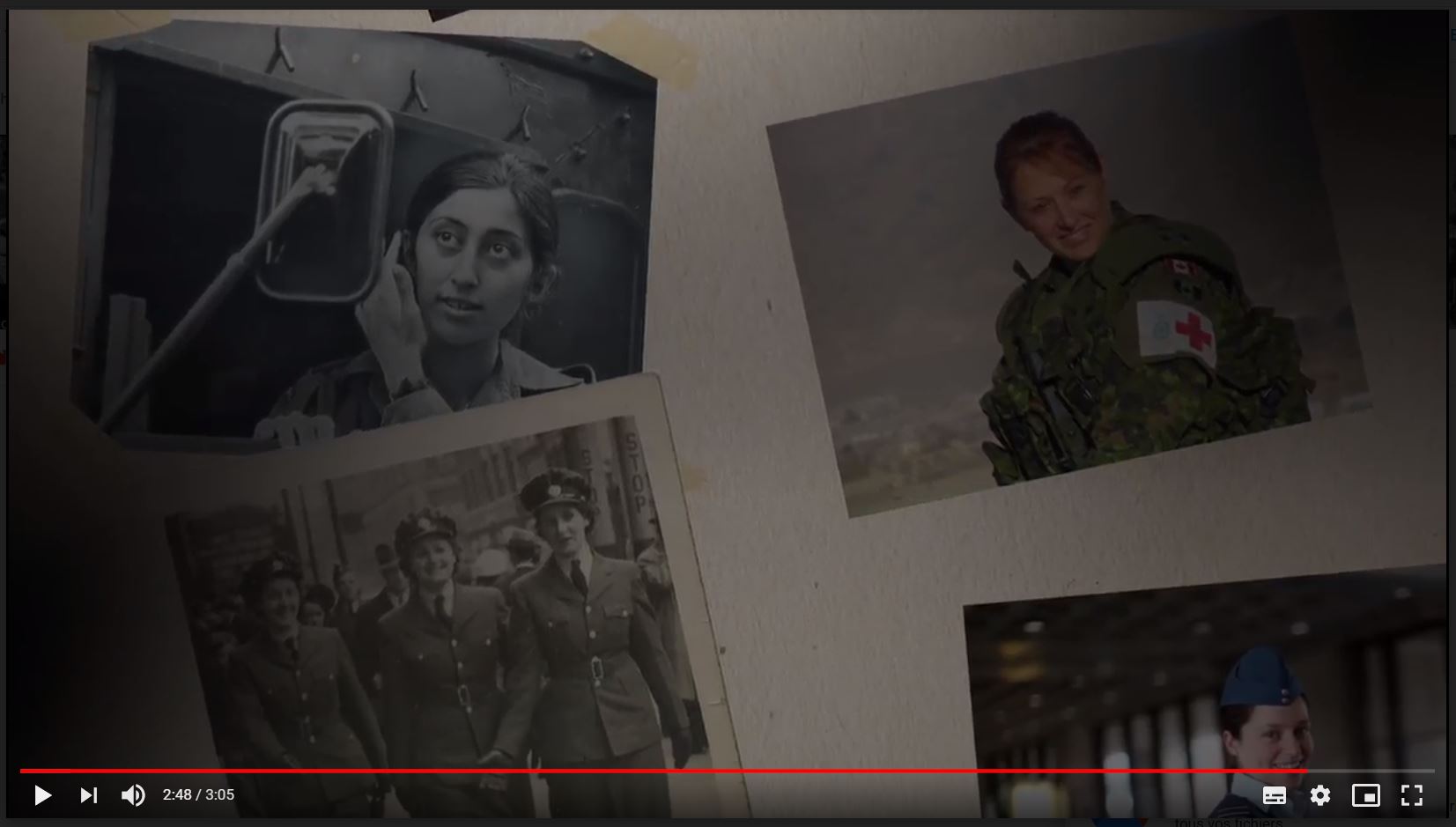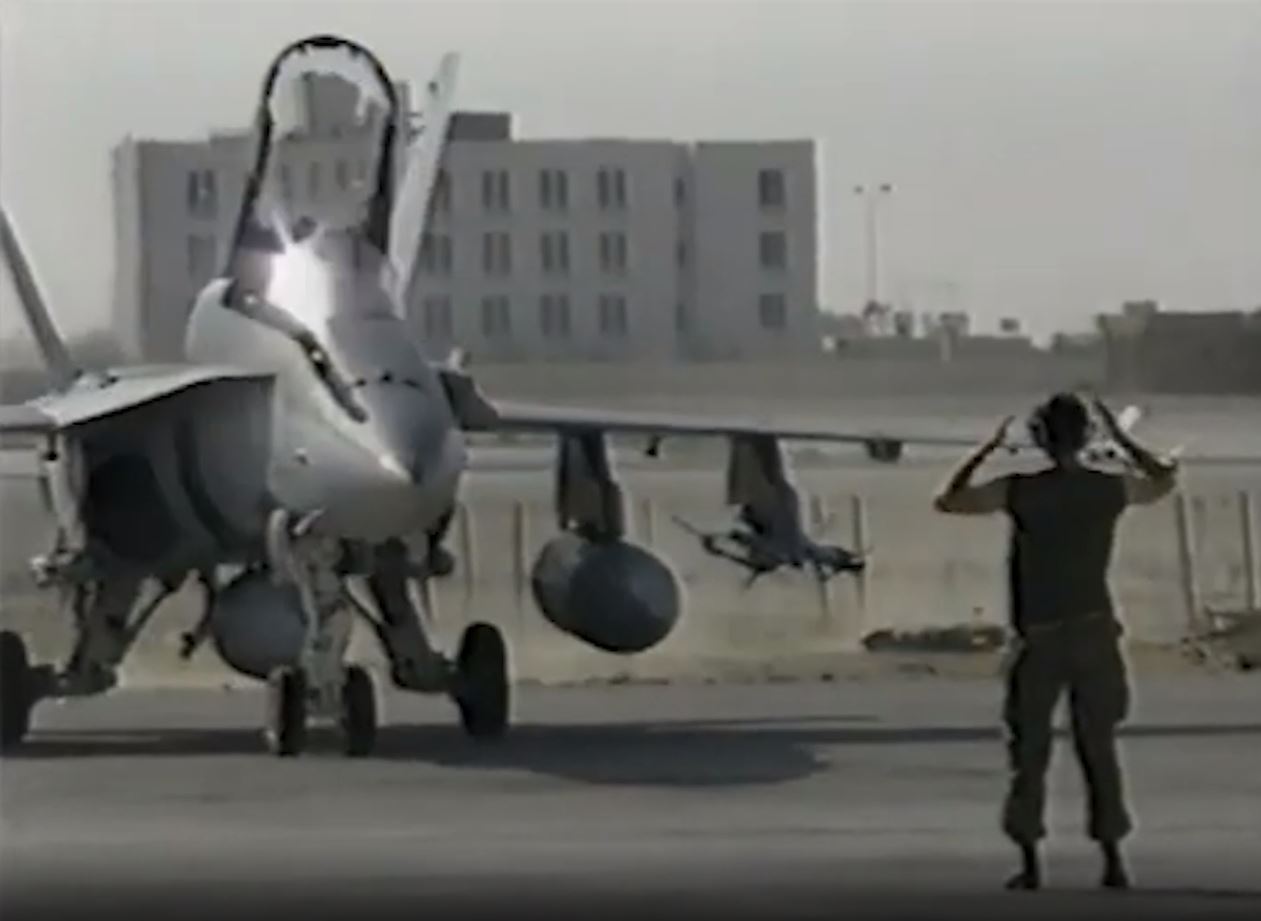CPKN - Back in Step
Programs and Services
CPKN - Back in Step
Transcript
White text on black background: Back in Step Police and First Responders Helping Homeless Veterans
soldier in a helicopter with rifle.
“I served in the military seven years.”view from inside helicopter firing
“Three and a half years total.”wide shot of ammunition being shot from helicopter
soldier shooting rifle from helicopter
“Three years.”soldiers boarding a plane
“1997 to 2001.”soldiers preparing for parachute jump inside plane
Plane flying overhead with soldiers parachuting out
Wide shot of parachuting soldiers
“Princess Patricia Canadian Light Infantry”helicopter flying past a ship
Helicopter hovering close to ship
“Cornwallis, and I got stationed to the third battalion.”soldiers "fast roping" from helicopter to the deck of the ship
soldiers with rifles scouting the ship
“1 PPC LI at C Company” “Infantry.” “Cameron Raymond Snyder” “Dave Paydli” “Trevor Sadownick” “Terry Donald Anderson” “Patrick Cluff” “John Langford” Our Canadian Armed Forces are dedicated to defending Canada, protecting our interests, and contributing to international peace and security. The men and women who serve with the Canadian Armed Forces face long days, months at a time away from home and family, and often danger and combat in conflict situations. In many ways, it’s a completely different world from civilian life. “It’s very taxing. It’s very mentally draining.” "As you go, you’re thinking ‘Gee, y’know, is it my turn?’ Because of all the events you get exposed to, you’re thinking: 'I'm not an exception. You know, it can be me any time.'" Returning to civilian life is not always easy. Adapting to changes in routine, structure, roles, daily environment, and even family relationships can be difficult. For many, it’s an adjustment to a new life. “One day you would have a gun pointed at you, the next day you’re being shipped back home.” “You have to start paying for your bills, and you have to start you know, looking after your own place, and all the things that come with it.” “It’s hard to come back home. It’s really hard to come back home.” Whether it’s because similar skills are needed, or due to how the military and police services are structured, some Veterans choose to become police officers following their military service. "The police was a natural progression from the military. With that brotherhood that you establish in the military, it’s very similar to here in the police." "You're out there and you're fighting crime and you're looking for bad guys." Despite these success stories, we are identifying more Veterans who are ending up on the street each year. Those experiencing homelessness come from all walks of life and include a diverse cross-section of men, women, and children, including Veterans and their families. Since many Veterans have been exposed to extreme situations through their military service, they often struggle with the after affects. They may also struggle in transitioning from the military to civilian life. This can lead to negative coping mechanisms such as drug and alcohol abuse. This can have a significant impact on the individual which may result in loss of employment, financial distress, alienation of family and friends, loss of self-esteem, and even homelessness. 'It wasn’t a far stretch just leaving the military to, as you’re hitchhiking, and just walk off into the bush and sleep for the night. Y’know, it was no big thing." "It wasn’t an alcohol issue, it wasn’t a drug addiction, anything like that. It was just that I couldn’t function." "It steadily got worse, because problems and stuff, coping mechanisms. Alcohol seemed to be the good way to just numb everything." "We were living in tents. We had candles, we had lots of blankets. And we used to go out to Ogden in the dumpsters, because we knew when the restaurants threw their stuff out." As with the general homeless population, it is very challenging to accurately determine the number of homeless Veterans in Canada. Regardless of the number, Veterans Affairs Canada considers homelessness among Veterans unacceptable. "I had known this guy for eighteen years, and I didn’t even know he was in the forces. He didn’t know I was in the forces." "I’ve seen a lot of these guys on the street. I didn’t know so-and-so was a retired captain in the Navy." "They feel embarrassed, to a point. No, pretty much, they feel embarrassed, that’s what I think." "And that’s the problem that kills us all, the shame. Because, I say, I’m not a combat Vet so I can’t call myself a “Vet”." "I feel sorry for the police officers now, trying to figure out who was in the forces." Police and other first responders are in a unique position to identify homeless individuals that have served in the Canadian Armed Forces or the RCMP, when responding to a call or during routine patrols. "We’re the front lines. We get to work with the homeless population on a daily basis." "Just riding around downtown, we’ve dealt with homeless people all the time. Every single day we were talking to them, and really start to get to know these guys, and hear their stories." "I was drinking in a park, and I shouldn’t have been, and she came out and asked me. “Are you a Veteran?” And I said, “Yeah, I served.” And she gave me her card, with a phone number, and said 'Well call this number.' " "As police officers, EMS, frontline workers, we’re in there, we’re under the bridges. We’re getting into the notoriously bad areas in the city all the time." Be aware of subtle indicators that an individual might be sending out to you; for example, they might mention a regiment served with or overseas deployments. For many homeless Veterans it is hard for them to bring up the fact that they were in the military. If they trust or like the individual officer or responder, they may bring it up; but you will need to listen for the cues. The first step for first responders or police on patrol, when encountering a homeless individual, is to ask a simple question: “Did you serve in the military or in the RCMP?” Police services across the country now regularly reach out to homeless individuals they encounter, and ask the questions needed to initially identify those who may have served with the Canadian Armed Forces or the RCMP. Once identified, Veterans should be connected with Veterans Affairs Canada to confirm their service details and pursue services which may be available to them. "The big thing that’s going to have to be done by police officers is make those relationships with Veterans Affairs. It’s going to be up to police officers who are interested in helping Veterans in this way to introduce yourself, go to the offices, invite them to your training days." "Not every town, not every city is going to have a place specific for their Veterans, but Veteran Affairs is a federal agency. There is a 1-800 number, you can always get in touch with them." Veterans Affairs Canada has a variety of benefits and services available to Veterans, and these key areas of support may be fundamental in getting someone off the street or avoiding homelessness all together. If, for some reason, they may not be eligible for one or more of these key supports, Veterans Affairs Canada can still assist them in finding resources in the community. Veterans Affairs Canada recognizes that it cannot address Veteran homelessness alone. In some circumstances, other organizations may be better positioned to reach out to, and support homeless Veterans. Local non-profit organizations might be able to provide immediate assistance to meet a Veteran's needs, which could include shelter, food, or financial assistance. "All the stuff we could have accessed was always there, it was just hidden very well." We cannot underestimate the profound positive impacts that providing housing and other needed supports can have on a Veteran's life. "It’s opened doors by being aware that the Canadian army didn’t really forget about us." "We’ve got our own door to lock. We can come and go anytime we want." "I can’t put in words how it’s changed my life." "Beats the hell out of sleeping on mats with three hundred other guys." "Some of them spent decades on the street, and now they’ve got a place of their own. I mean, they’ve got a roof over their head and, y’know, some dignity." Working together, we can give homeless Veterans the helping hand they need for a better life—off the street. "It’s a lot of people working together, and I’m just really proud of the work that we’ve done. For what they’ve done for our country, I think they deserve the help that we can give them, and our best effort to get them off the street." We must do all we can to smooth what can sometimes be a difficult transition from military to civilian life. We all have a role to play.They have stepped up to defend our nation – and we are stepping up for them. If you are aware of a Veteran who is homeless, or at risk of becoming homeless, please contact Veterans Affairs Canada at:1-866-522-2122White text on black screen: Special thanks to: Calgary Police Service, Victoria Police Department, Vancouver Police Department
Canada wordmark
Description
This video discusses the challenges Veterans face when transitioning from military service, specifically homelessness. It provides information about the programs and services offered by Veterans Affairs Canada to assist with that transition. Includes interviews with Veterans who had struggled with homelessness and their success stories.
Meta Data
- Medium:
- Video
- Owner:
- Communications
- Recorded:
- October 24, 2016
- Duration:
- 9:09
Related Videos
- Date modified:



